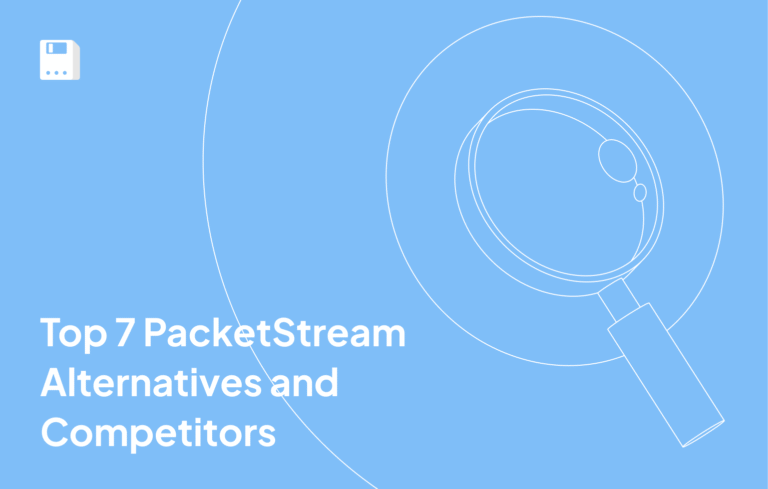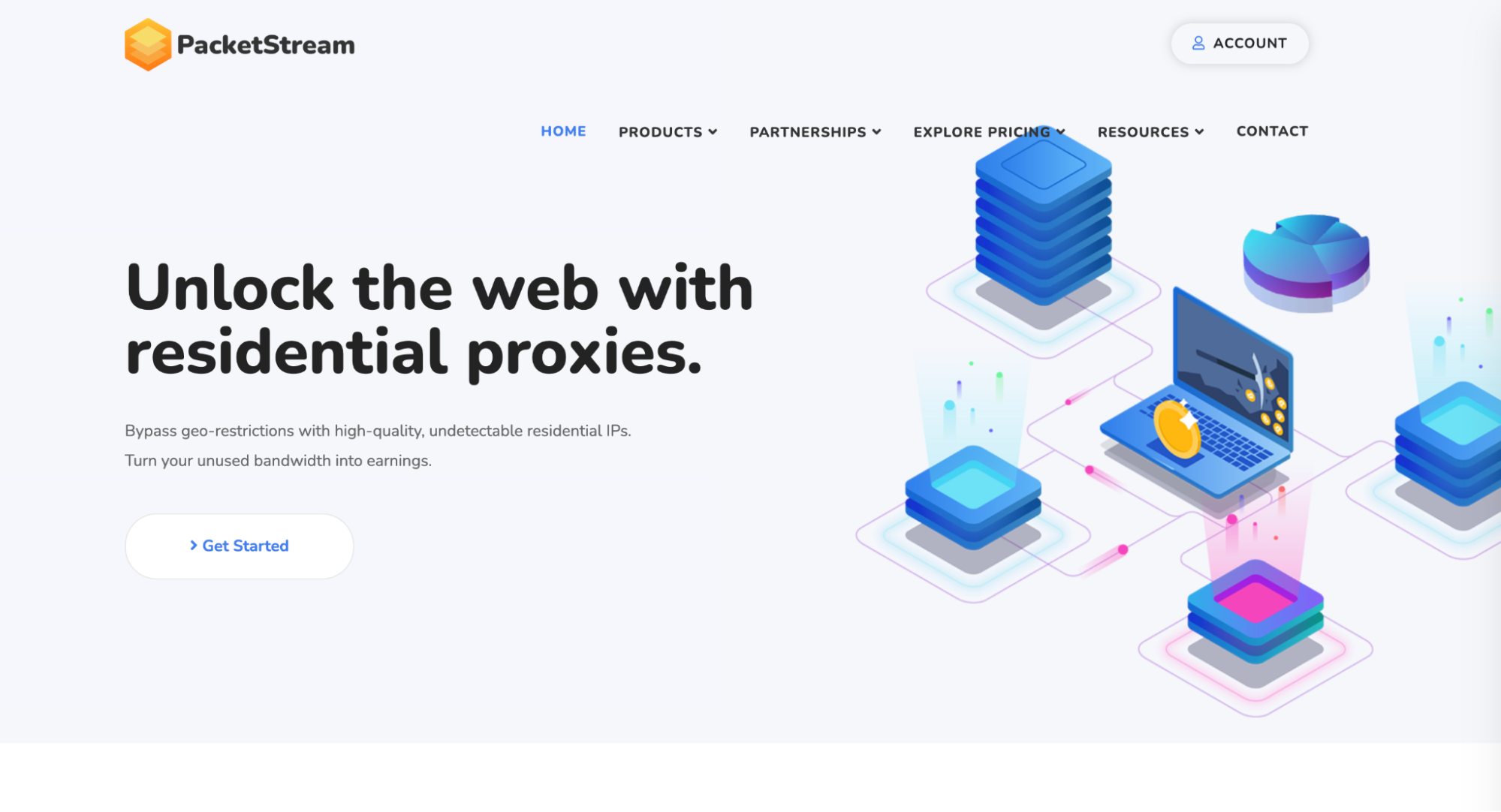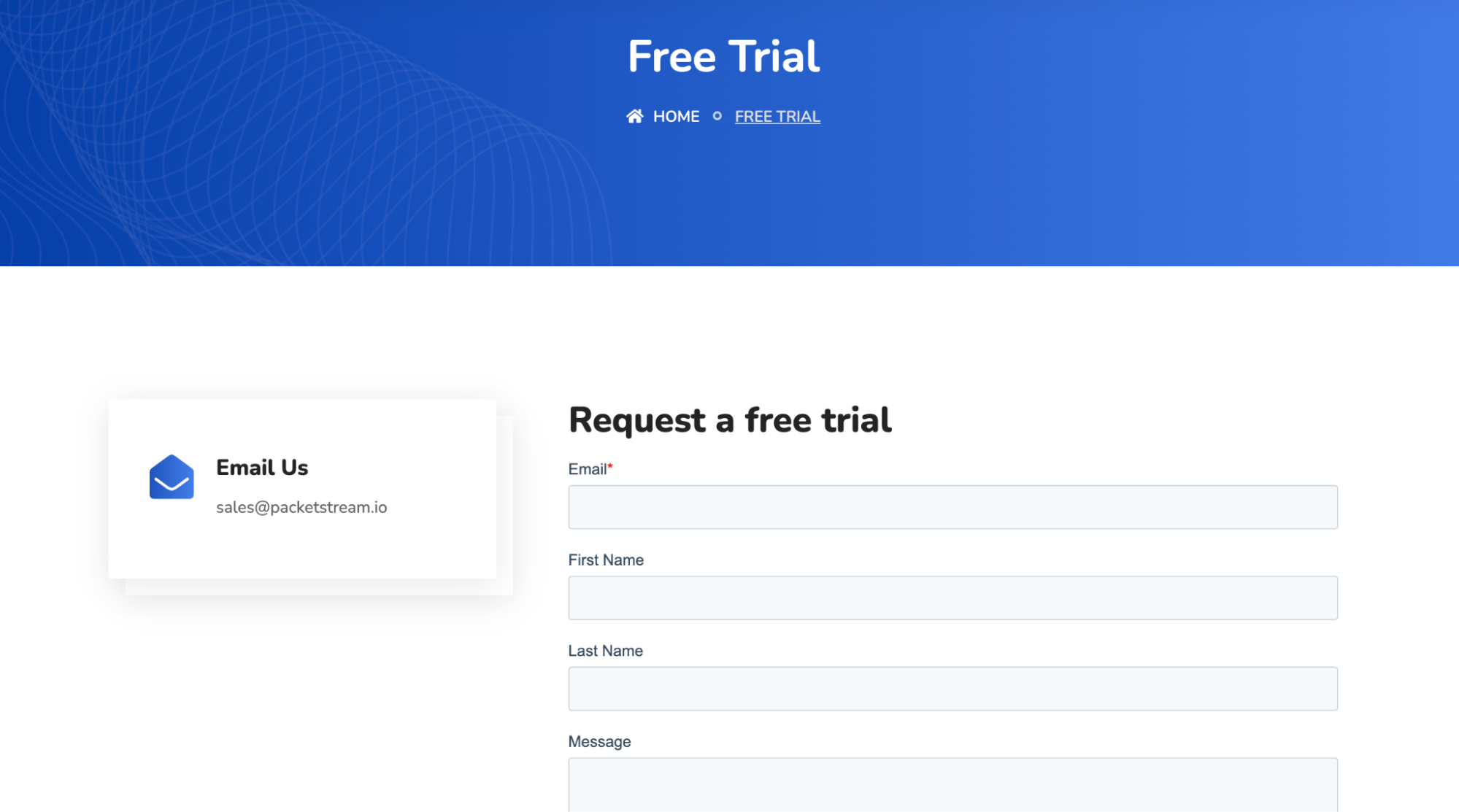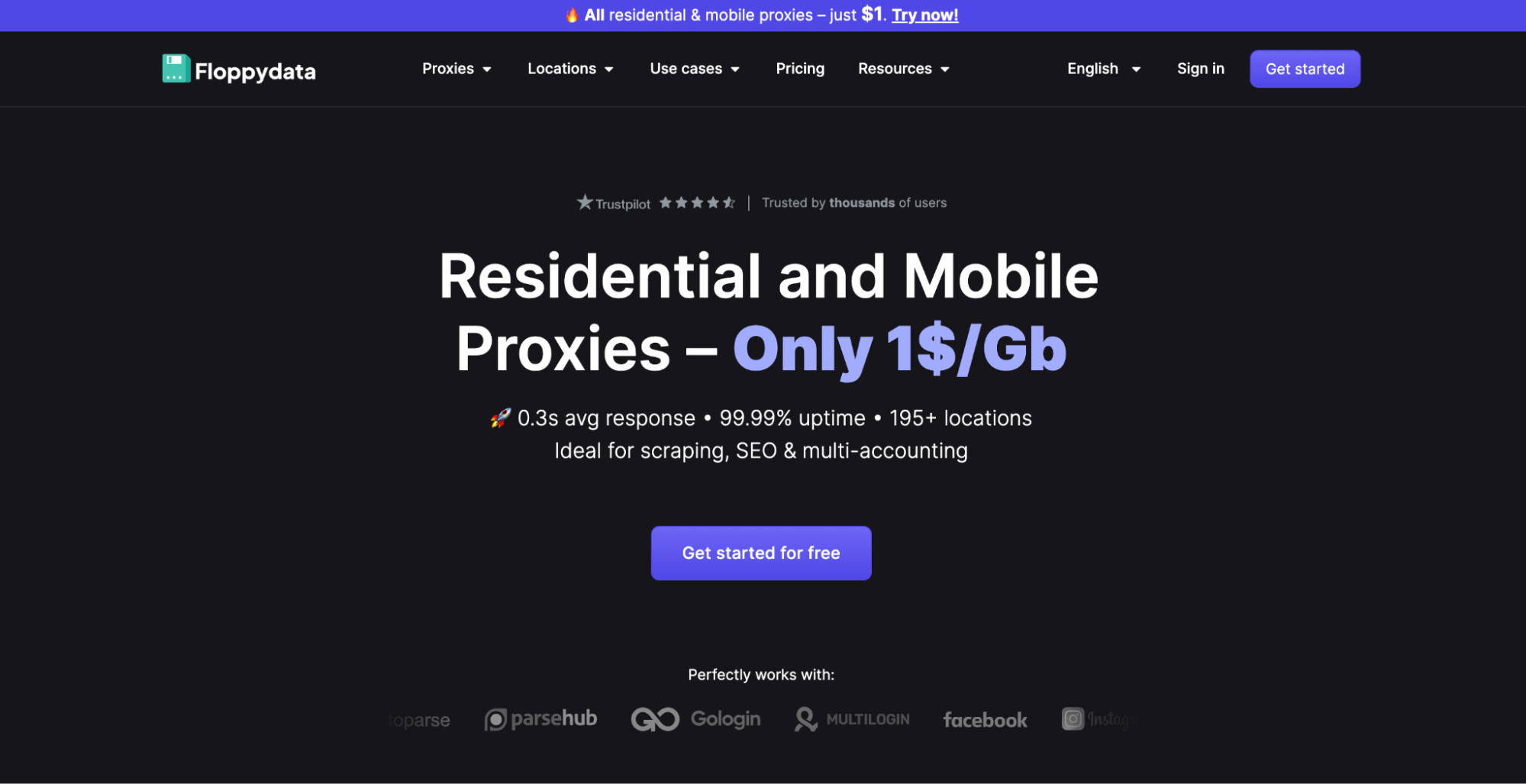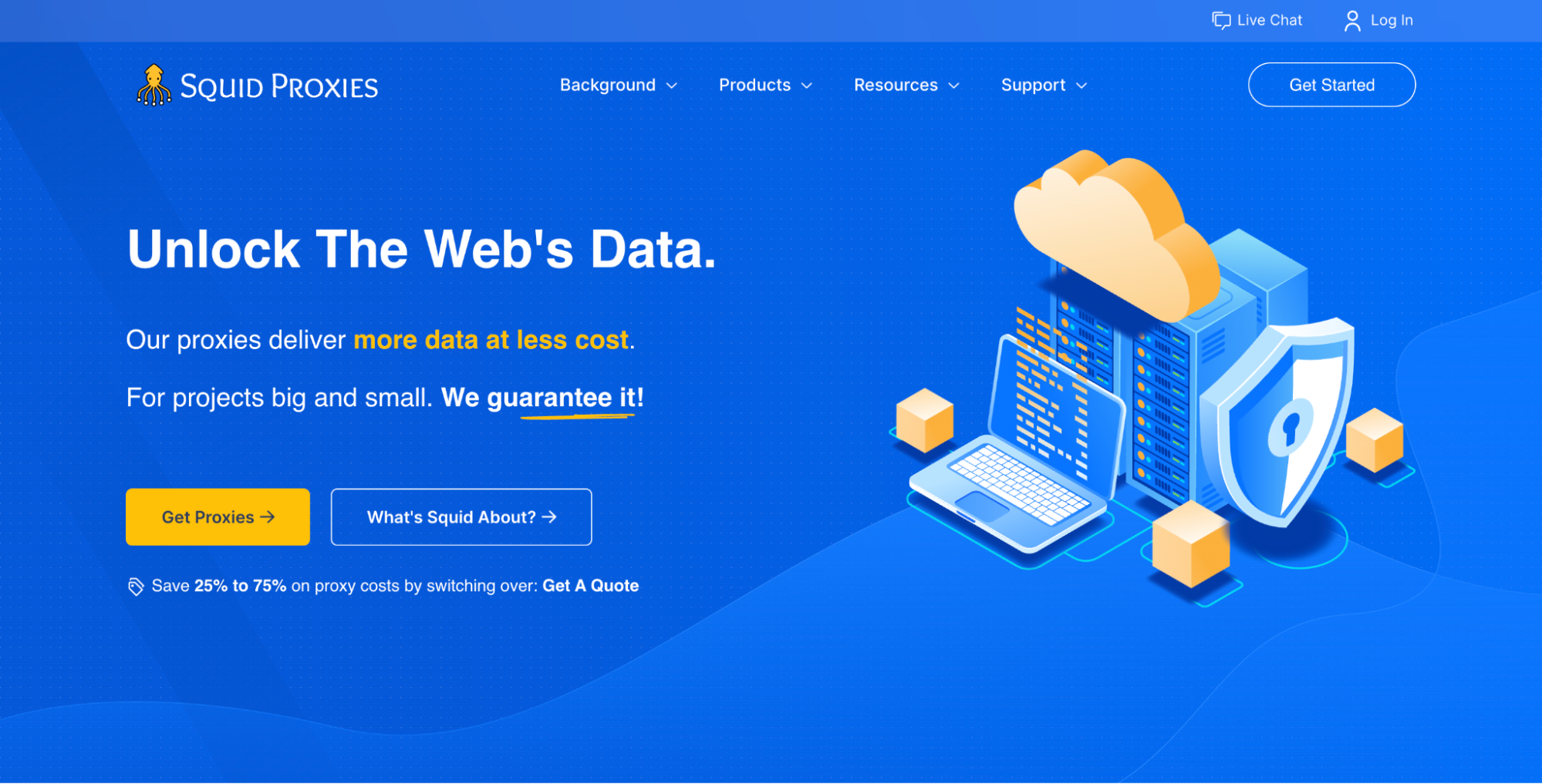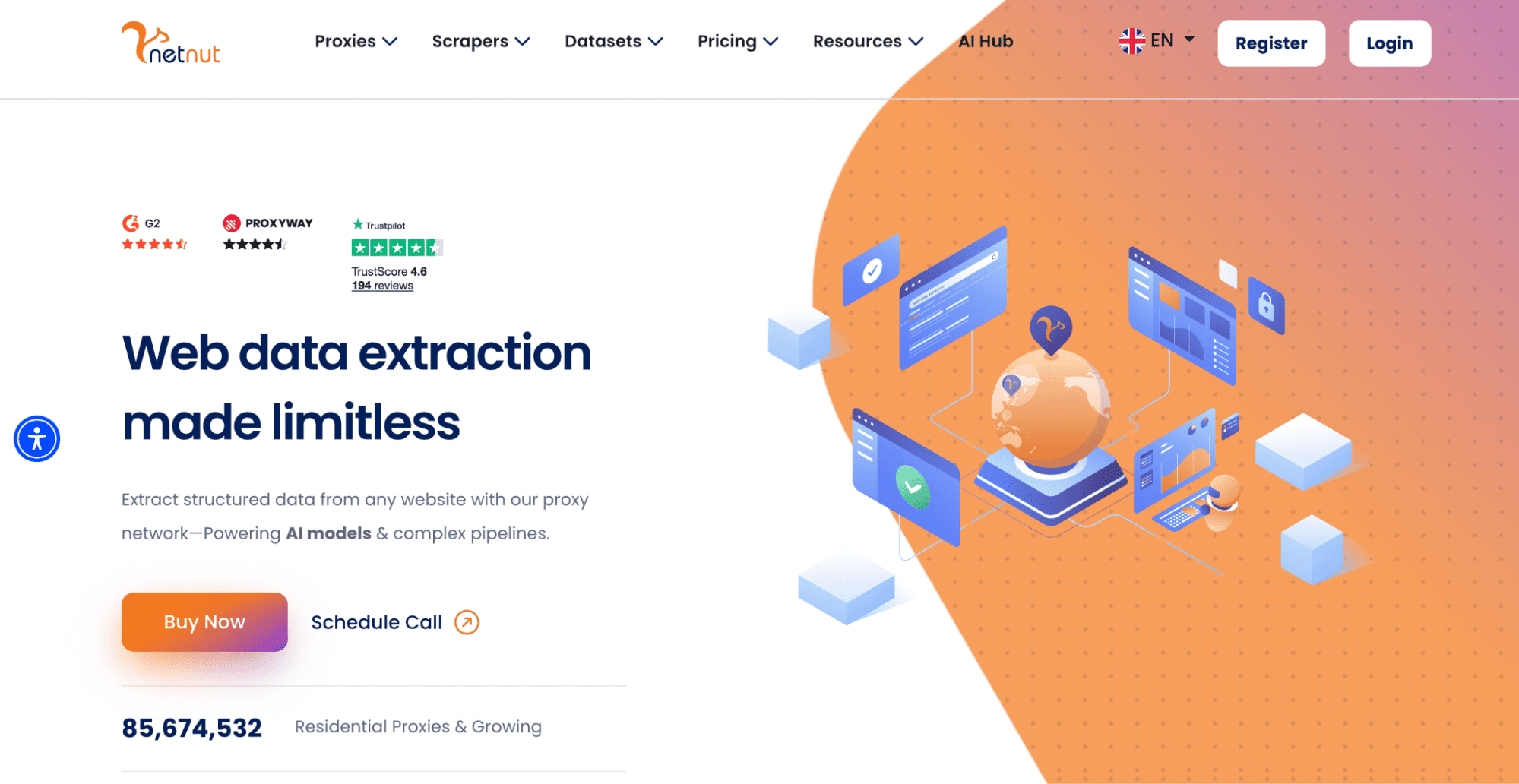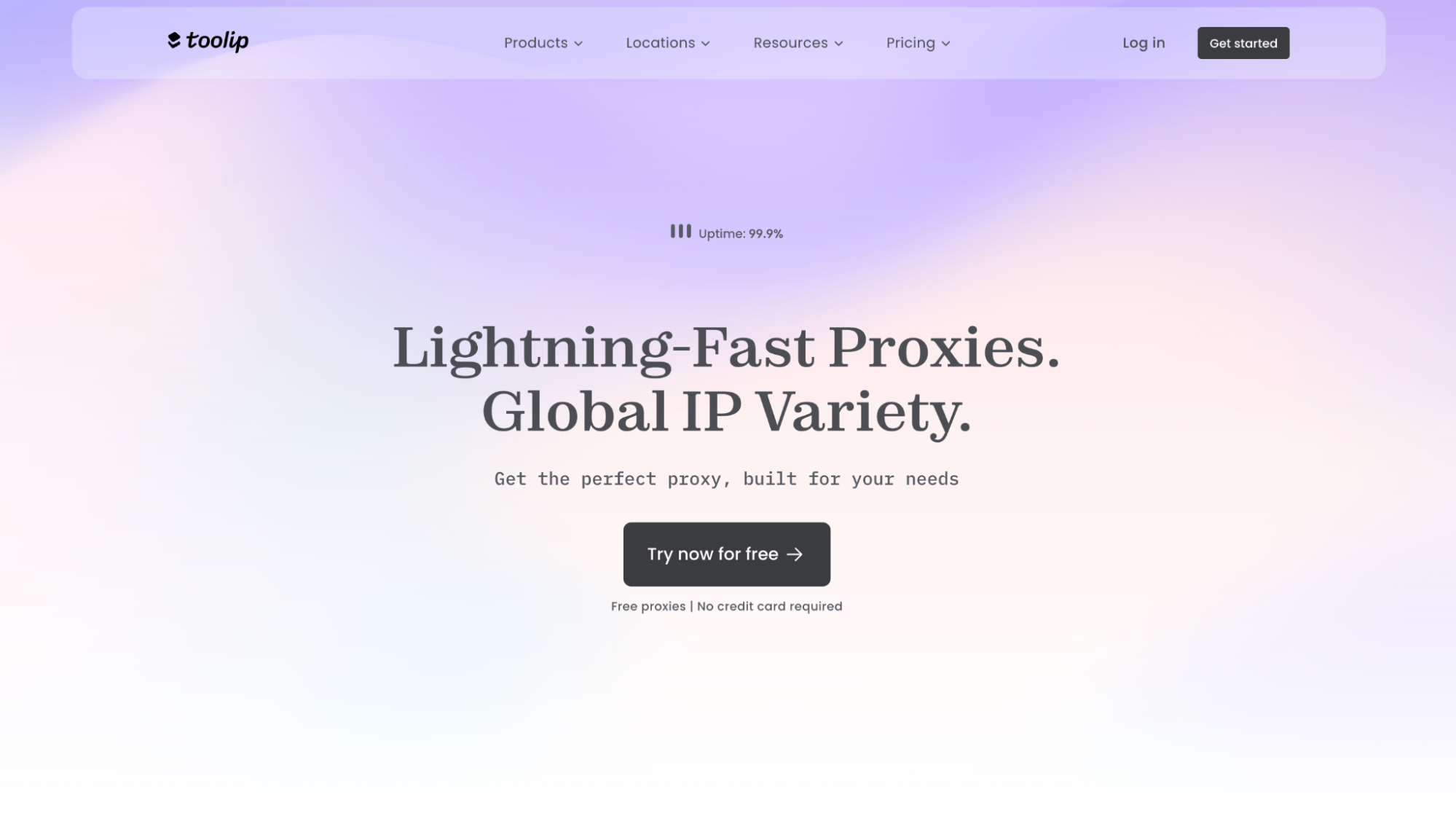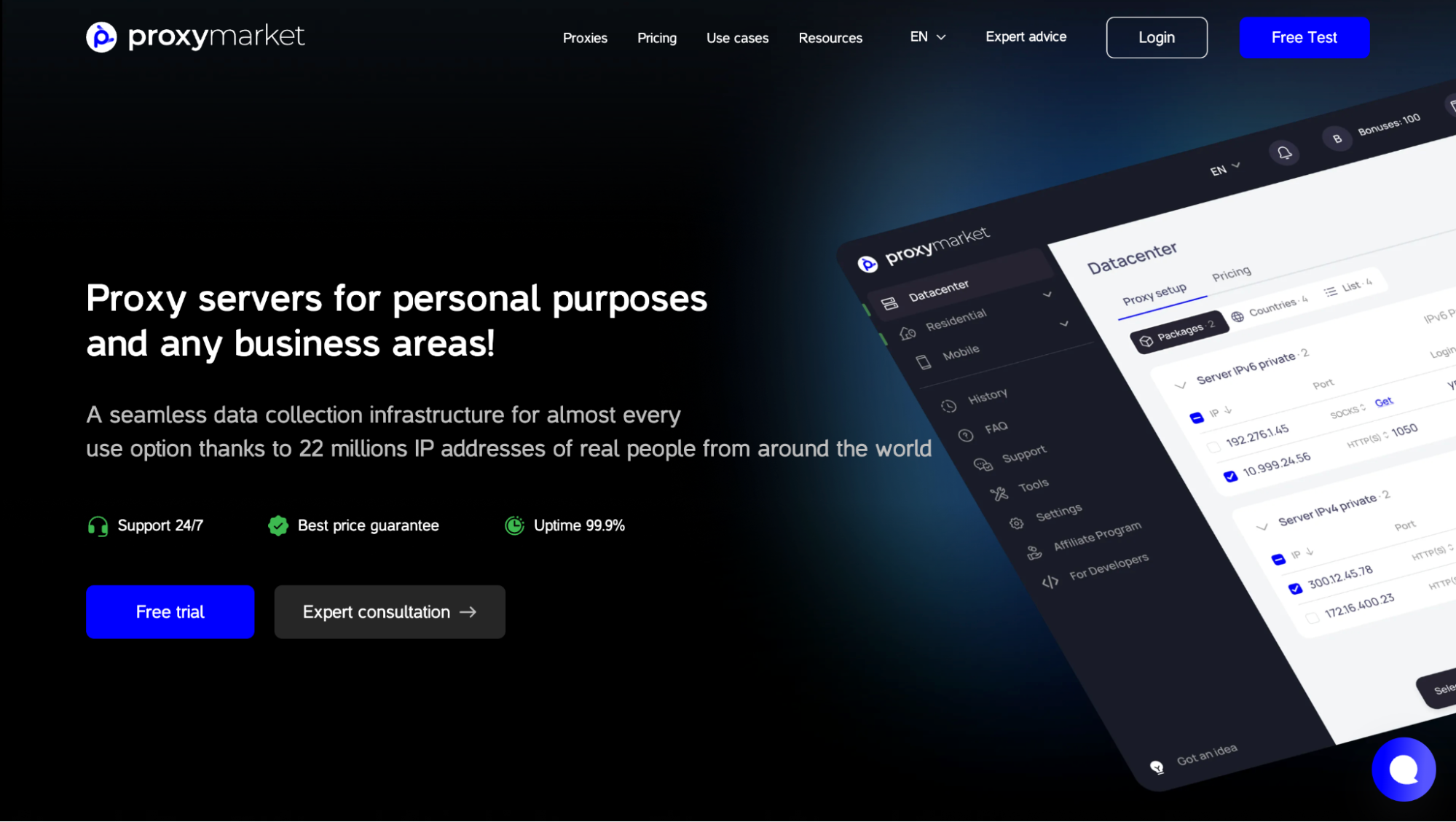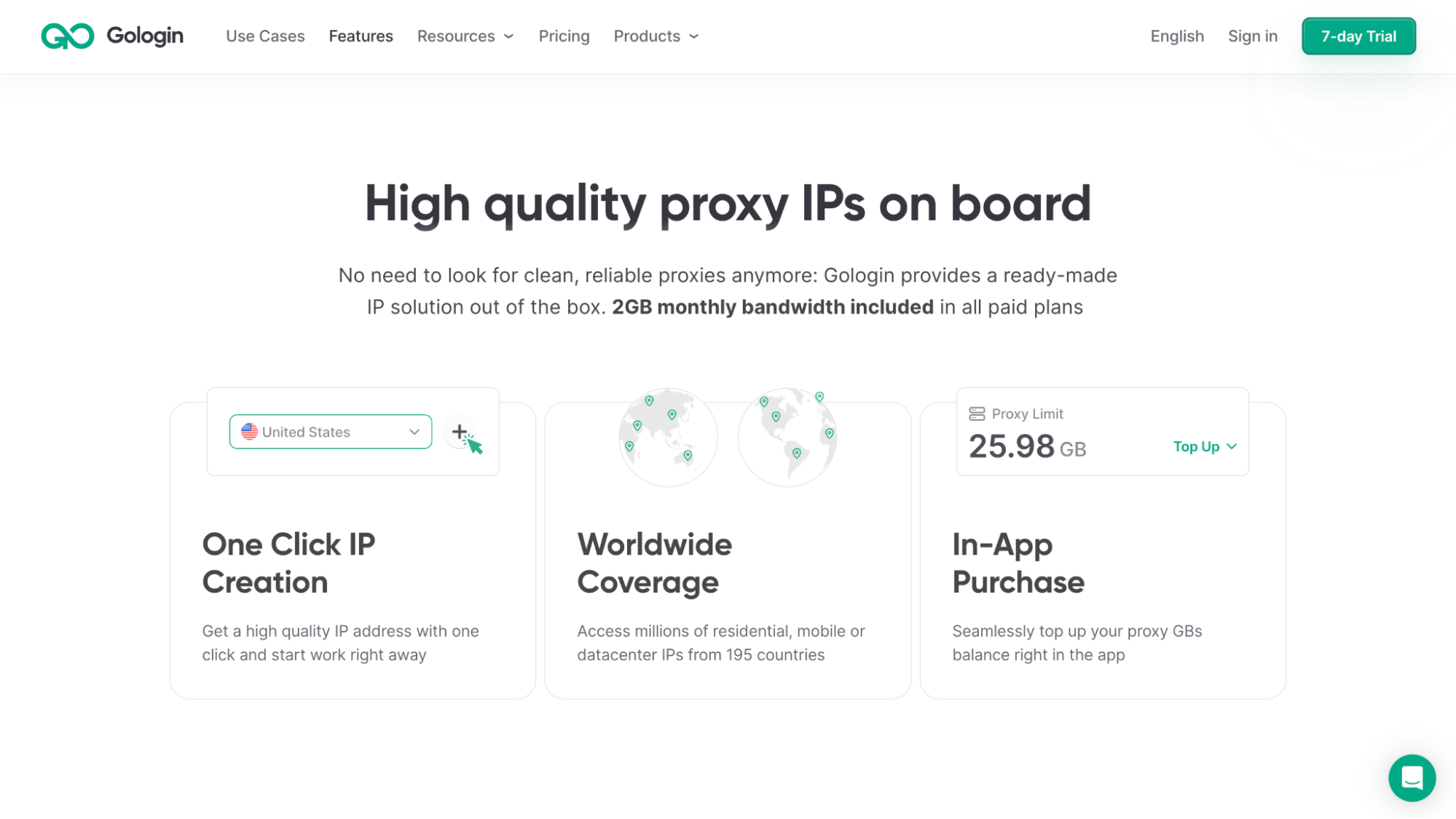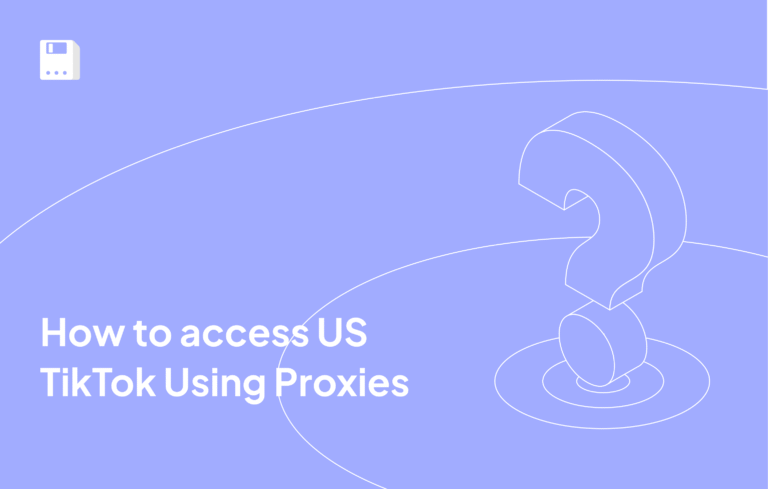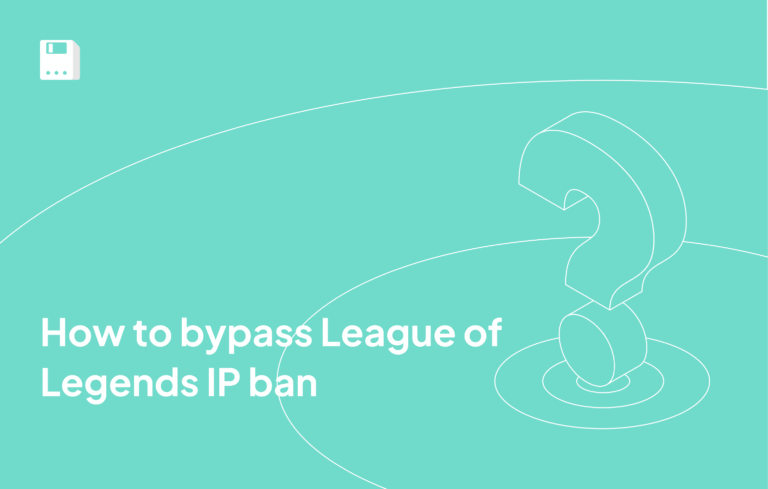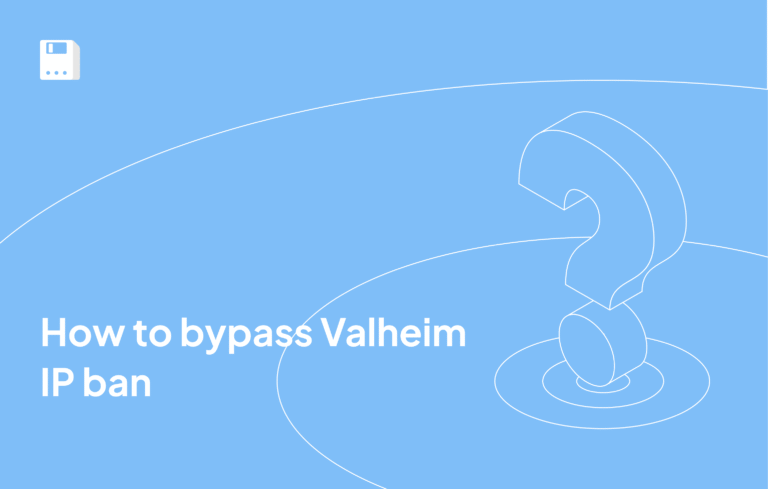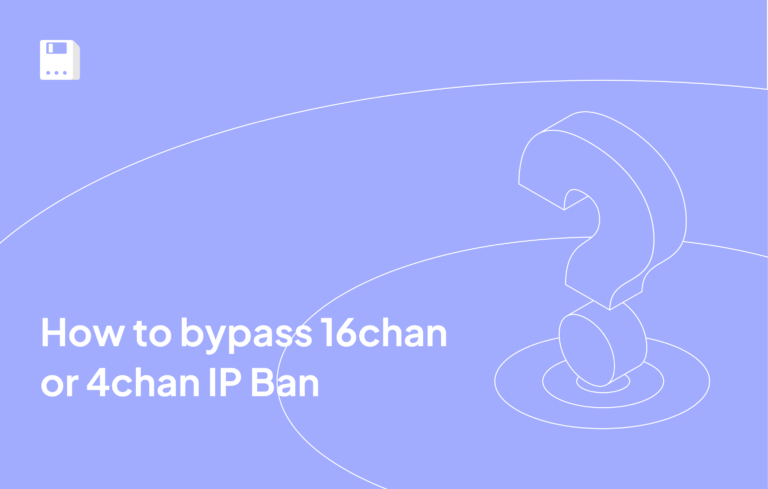Introduction
There’s no doubt that PacketStream is a capable proxy provider, but like any other service, it has its own limitations and drawbacks.
For many users, the low $1/GB price tag is the main attraction. Yet once you start scraping at scale or need more advanced features, you will quickly notice some issues, including:
- Limited targeting options
- Inconsistent speeds
- Lack of proxy options beyond residential proxies
PacketStream still remains a popular residential proxy network thanks to its affordability. However, it’s not always the best fit for every use case. Let’s see why you may want to look for PacketStream alternatives and what options are out there.
TLDR: Top PacketStream Alternatives
For those of us in a hurry, here’s a quick comparison of the PacketStream alternatives we discussed:
| Provider | IP Pool Size | Locations | Proxy Types | Targeting Options | Starting Price
(Residential) |
Best For |
| FloppyData | 65M+ IPs | 195+ countries | Residential, Mobile, Datacenter, ISP | Country, city, ASN | $1/GB | Best overall PacketStream alternative |
| SquidProxies | Not disclosed | 10 countries | Datacenter, Residential | Country-level | $1.5/IP | Affordable datacenter proxies |
| NetNut | 85M+ IPs | 195 countries | Residential, Mobile, Datacenter | Country, state, city | $3.53/GB | Enterprise-grade scraping |
| Toolip | 70M+ IPs | 195 countries | Residential, Datacenter, ISP | Country-level | $3.80/GB | Simple interface with global IPs |
| ProxyMarket | 22M+ IPs | 100+ countries | Residential, Mobile, Datacenter, IPv6 | Country-level only | $2/GB | Russian proxies at low cost |
| RapidSeedBox | 6.9M+ IPs | 100+ countries | Residential, Mobile, Datacenter | Country-level only | $3/GB | One-on-one support |
| Gologin | 20M+ IPs | 180 countries | Residential, Mobile, Datacenter | Country-level only | $7/GB | Integrated proxies for multi-account use |
Brief overview of PacketStream
PacketStream is a unique peer-to-peer residential proxy network that allows users to share their bandwidth in exchange for earnings.
As a result, the company offers customers access to a large pool of real residential IP addresses at very low cost. PacketStream is built on a consent-based network, so all IPs are ethically sourced from users who opt in to earn money by sharing bandwidth.
The service then routes your web traffic through these real user IPs, helping bypass geo-blocks and giving you legitimate residential footprints online.
PacketStream is a pretty decent option regardless of whether you’re looking to buy or sell bandwidth. However, the service is arguably better for sellers, since selling bandwidth on PacketStream pays up to $0.10/GB, which rounds up to $15 per month for the average seller, though that’s outside the scope of proxy usage.
This peer-to-peer model also means that speeds and reliability are inconsistent, as performance depends on the peers’ internet connections.
Customer support is another area where PacketStream isn’t doing too great, unfortunately. At this time, you can only contact the company via email. No phone, live chat, or even a ticket system, which is quite underwhelming by today’s standards.
Pricing
The price is the main reason most people may want to consider joining this provider. PacketStream offers a very simple price of $1 per GB of bandwidth, which is very attractive to lots of budget-conscious users.
However, the caveat with PacketStream is that you can’t actually buy $1 worth of bandwidth to test things out before investing further. The minimum amount of bandwidth you can purchase is 50GB.
This is higher than many providers, who will let you start off for less than $50.
If you can’t spare $50 right away, you can request a free trial, but you’ll need to email support, and approval isn’t guaranteed.
Pros Vs. Cons
| Pros | Cons |
| Reseller API to resell proxies | Only residential proxies |
| Affordable | Limited customer support |
| User friendly | Only rotating proxies |
| Clean, real-user IPs | Smaller IP pool |
| No city-level targeting | |
| Inconsistent speeds |
Top 7 PacketStream Alternatives
Having briefly looked at PacketStream, let’s explore seven top alternatives that offer improvements in various aspects like network size, proxy types, targeting options, support, and overall value.
1. Floppydata – Best Overall PacketStream Alternative
FloppyData is our top recommendation for users looking for PacketStream alternatives, and here’s why.
With FloppyData, you get access to a 65 million+ IP proxy infrastructure, backed by reliable uptime and fast performance. Their proxies are located in more than 195 locations, which is an impressive coverage.
FloppyData goes beyond PacketStream by offering datacenter, mobile, and ISP proxies, all accessible through a clean, user-friendly interface. The dashboard also includes built-in analytics, giving you real-time insights into your usage and spending, so you’re always in control.
Beyond proxy access, its high-quality proxy infrastructure enables users to collect clean, structured, real-time or historical web data. This data can be used to train LLMs, fine-tune models, or power AI agents.
When it comes to performance, FloppyData is best-in-class. With its improved pricing of $1 per GB, it now matches PacketStream while delivering up to 4x faster response times and some of the lowest fraud scores per GB of data in the industry.
But pricing aside, what really sets FloppyData apart is its premium network quality and advanced targeting. You can target proxies by country, region, city, and even ASN/ISP at no extra cost while scaling confidently for any size of project.
Key features
| Features | Details |
| Total Available IPs | 65+ million |
| Proxy Types | Residential, Mobile, Datacenter, ISP, Residential static (beta) |
| Geographic Distribution | 195 countries |
| IP Targeting Features | Country, state, city |
| Unlimited bandwidth | Yes |
| Rotation Flexibility | Automatic/Sticky |
| Average response times | 0.3s |
| ASN/Coordinates Targeting | Available |
| Supported Protocols | HTTP, HTTPS, and SOCKS5 |
| Customer Support | 24/7 with live chat |
| Free Trial | No free trial, but low-cost entry |
| Aggregator rating | 4.3 |
Pricing
FloppyData starts at just $1 per GB for residential and mobile proxies. There are no monthly minimums or subscriptions, and unused traffic never expires.
This pricing makes it one of the lowest-cost premium providers, undercutting many competitors while delivering far better performance than PacketStream. Let’s explore the pricing:
- Residential proxy: Starts at $1/GB
- Mobile proxy: Starts at $1/GB
- Datacenter proxy: Starts at $0.60/GB
- ISP Proxies: Starts at $5/IP
Pros Vs. Cons
| Pros | Cons |
| Huge IP pool | No completely free tier |
| Very affordable pricing | |
| Country, state and city level targeting | |
| 24/7 support and simple dashboard | |
| Great for LLM training | |
| Non-expiring bandwidth | |
| All Proxy Types Supported |
2. SquidProxies – Affordable Datacenter Proxies
If you’re looking for a datacenter proxy alternative to PacketStream, SquidProxies is a solid option.
The company has been in the proxy business since 2010 and has built one of the more extensive global datacenter proxy networks.
Unlike PacketStream, which only provides rotating residential IPs, SquidProxies does one better by providing static datacenter IP addresses for better session flexibility. They also provide shared datacenter proxies at lower cost if exclusivity isn’t a priority. However, the trade-off is that datacenter IPs are generally easier to detect compared to residential IPs.
SquidProxies also recently added residential proxies to its lineup, making it a more versatile option than before. The total IP pool is not publicly disclosed, but SquidProxies supports more than 40 locations worldwide.
While that’s a smaller spread compared to some providers like Floppydata, Netnut or even Packetstream, it’s usually sufficient if your target falls within those supported regions.
It’s not the most advanced service, but it’s reliable and budget-friendly enough for most basic proxy needs. We wouldn’t necessarily recommend it for big enterprises or collecting data for training LLMs, but if you’re someone who needs some cheap datacenter proxies for bypassing geographic restrictions, SquidProxies is worth considering
Key Features
| Features | Details |
| Total Available IPs | Not publicly disclosed |
| Proxy Types | Datacenter & Residential proxies |
| Geographic Distribution | 40+ locations across 10 countries |
| IP Targeting Features | Country and city-level on request |
| Unlimited bandwidth | No |
| Rotation Flexibility | Static & Rotating |
| Average response times | Fast only on datacenter proxies |
| ASN/Coordinates Targeting | Not supported |
| Supported Protocols | HTTP, HTTPS only |
| Free Trial | No (only enterprises) |
| Aggregator rating | 4.7 |
Pricing
SquidProxies offers a limited free trial, but it’s only reserved for qualified business customers. To receive the trial, you must contact their sales team to discuss your use case and determine if you qualify.
The company also offers a 7-day money-back guarantee if the proxies don’t work for your purpose. However, this refund is conditional, as you need to demonstrate that there’s an unfixable technical issue.
Paid plans start at:
- Datacenter Proxies: $15 per month for 10 private proxies ($1.5 per IP)
- Residential Proxies: $15 per month for 15GB ($1 per GB)
Pros Vs. Cons
| Pros | Cons |
| Great value | Fewer enterprise features |
| Easy to set up | Smaller IP pool |
| Long track record | Undisclosed IP size |
| Refund option available | No native AI integration |
| Responsive support | Fewer locations |
| Conditional free trial |
3. NetNut – Enterprise-Grade Residential Proxies
NetNut is a high‐performance proxy solution offering 85 million residential IPs across 195 countries
NetNut provides a full-stack platform for acquiring, processing, and delivering web-scale data optimized for AI models, agents, and data pipelines. It includes proxy access, automated data extraction, and structured data delivery.
NetNut’s architecture is unique in its ability to provide rotating proxies with one-hop connectivity, preventing bottlenecks in the traffic flow. Using NetNut’s proxy infrastructure, you can power your own scrapers or even leverage their prebuilt datasets for a head start.
The company provides a professional dashboard with real-time usage stats, an API for pulling your proxy lists, and an account manager for business clients. This enterprise-focused approach makes it attractive to companies with large-scale data needs.
It’s worth noting that NetNut often provides a free trial to business users to let them evaluate the proxies. But as you’ve probably figured out, you need to contact their sales team and fill out a request, which may or may not be approved.
The downside of this enterprise focus is that their tools aren’t exactly plug-and-play, so you’ll likely need some technical experience to make the most of them.
If you’re looking for a NetNut alternative that offers more accessible pricing or a simpler setup, there are other solutions worth considering.
Key features
| Features | Details |
| Total Available Residential IPs | 85 million |
| Geographic Distribution | 195 countries |
| IP Targeting Features | Country, State, City |
| ASN/Coordinates Targeting | Not supported |
| API integration | Yes |
| Customer Support | 24/7 technical support |
| SOCKS5 | Supported |
| Supported Protocols | HTTP, HTTPS, SOCKS |
| Free Trial | 7-day free trial |
| Aggregator rating | 4.6 |
Pricing
- Rotating Residential: Starts at $3.53/GB
- Static Residential (ISP): Starts at $3.53/GB
- Mobile Proxies: Starts at $3.82/GB
- Datacenter Proxies: Starts at $0.45/GB
Pros Vs. Cons
| Pros | Cons |
| One-hop architecture for better speed | Trial requires approval from sales |
| Global IP coverage | Not beginner-friendly |
| City-level targeting available | Higher entry pricing |
| Strong uptime and reliable support | Complex learning curve |
| Offers multiple proxy types |
4. Toolip – Simple Proxy Service
Next up on the list of PacketStream alternatives is Toolip.
Toolip is super easy to set up, and its dashboard is quite simple and pleasing on the eye. The company also offers over 70 million proxies in more than 195 countries, which is quite impressive given it’s a newer provider.
Another feature that impressed us during testing was the range of proxy types available. Toolip offers Dedicated Datacenter Proxies, Rotating Residential Proxies, Shared Datacenter Proxies, Search Engine ISP Proxies, and Global ISP Proxies.
They also provide a 3-day free trial with 100MB of credits. You even get to choose the type of proxies you want for the trial, which is very commendable, as most providers just lock you into a single proxy type.
Every service has its drawbacks, and Toolip is no exception. We were quite disappointed by the provider’s lack of support channels, as there’s no live chat or phone option, just email. If you’ve ever gotten in a pickle before, you know how frustrating it gets when you need immediate help with time-sensitive projects.
Also, the Search Engine ISP Proxies are only available in the U.S. at the moment. If you’re targeting other countries, you might need to fall back on residential proxies, which can still get the job done but may come with slightly higher block risks.
Key Features
| Features | Details |
| Total Available IPs | 70 million |
| Proxy Types | Residential, ISP, Datacenter (Dedicated & Shared) |
| Geographic Distribution | 195+ countries |
| Unlimited bandwidth | Available |
| Rotation Flexibility | Supports both rotating and static IPs |
| Refund policy | 2-day refund window |
| ASN/Coordinates Targeting | Not available |
| Supported Protocols | HTTP, HTTPS, SOCKS5 |
| Free Trial | 100 MB for 3 days |
| Authentication | Username: Password |
| Aggregator rating | 4.1 |
Pricing
Toolip is focused on professional-grade quality, and its pricing reflects that. While not the cheapest option, its reliability, feature depth, and proxy variety make it worth the price for serious users.
Toolip also supports weekly and monthly billing. Here’s a quick pricing breakdown:
- Dedicated Datacenter Proxies – starts at $3.2 per IP
- Rotating Residential Proxies – starts at $3.80 per GB
- Shared Datacenter Proxies – starts at $1 per IP
- Search Engine ISP Proxies – starts at $4.99 per IP
- Global ISP Proxies – starts at $2.99 per IP
Pros Vs. Cons
| Pros | Cons |
| Huge IP pool of 70 million proxies | No live chat or phone support |
| Easy-to-use dashboard | Unproven at scale |
| Flexible weekly and monthly billing options | Lacks ASN targeting |
| 3-day free trial | No native AI integration |
| Multiple proxy types |
5. ProxyMarket – Affordable Russian Proxies
ProxyMarket is known for its cheap, high-quality russian proxies.
This provider claims an IP pool of over 22 million proxies, distributed across a specialized Russian proxy infrastructure. If you need Russian datacenter or mobile proxies, this is one of the best providers for the job.
ProxyMarket also offers highly competitive rates while also giving you access to various proxy types from a single platform. However, outside of Russia, ProxyMarket falls short when it comes to granular location targeting. While it supports many countries, most of them lack city-level precision.
Commendably, the platform offers a 100MB free test and also sells IPv6 proxies at very cheap rates. But the service lacks enterprise-grade features, and unless your workflow specifically demands Russian proxies, it may not be the right fit.
Key Features
| Features | Details |
| Total Available IPs | 22 million |
| Proxy Types | Residential, Mobile & Datacenter proxies |
| Geographic Distribution | 100+ countries, strongest in Russia |
| IP Targeting Features | Country-level targeting only (limited city support) |
| Rotation Flexibility | rotating and static |
| Average response times | Fast in Russia, moderate globally |
| ASN/Coordinates Targeting | No |
| Supported Protocols | HTTP, HTTPS, SOCKS5 |
| Free Trial | 100MB free test |
| Aggregator rating | 4.5 |
Pricing
- Datacenter proxies – $0.64 per month (10 IPs)
- Residential proxies – from $2/GB
- Mobile proxies – from $3.45/GB
- Mobile dedicated – from $15.33/IP
Pros Vs. Cons
| Pros | Cons |
| Flexible rental terms | Limited city-level targeting outside Russia |
| Supports all major protocols | Mixed IP quality |
| Free test plan | Expensive mobile proxies |
| Excellent Russian Proxies | English support is sometimes slow |
| No ASN or ISP targeting | |
| No unlimited bandwidth options |
6. RapidSeedBox – High-Speed Proxies from a Seedbox Provider
RapidSeedbox might be a familiar name if you’ve used seedboxes (servers for torrenting), but they’ve expanded into the proxy market in recent years.
It’s a great PacketStream alternative if you value ease of use, straightforward pricing plans, and strong support.
RapidSeedBox provides residential, mobile, and datacenter proxies. Their residential proxy pool includes around 6.9 million IPs across 100 countries, which is solid for a provider that originally focused on seedboxes.
The company’s main selling point is user experience. RapidSeedBox offers a clean dashboard, plenty of tutorials, and even one-on-one support to help new customers get started with proxies.
They also advertise features like automatic IP rotation, unlimited concurrent sessions, and 24/7 customer support. You also get some peace of mind with a 24-hour money-back guarantee in case you don’t like the service
On the downside, RapidSeedBox is not transparent about its IP sourcing methods. The provider likely partners with other networks or resells access from larger proxy services. Also, there’s no free trial, so you’ll need to pay upfront to test the service.
Key Features
| Features | Details |
| Total Available IPs | 6.9 million residential IPs |
| Proxy Types | Residential, Mobile, Datacenter |
| Geographic Distribution | 100+ countries |
| IP Targeting Features | Country-level only |
| Unlimited bandwidth | unavailable |
| Rotation Flexibility | Automatic rotation + sticky sessions |
| ASN/Coordinates Targeting | Not supported |
| Supported Protocols | HTTP/HTTPS, SOCKS5 |
| Free Trial | None |
| Aggregator rating | 4.5 |
Pricing
- Datacenter Proxies: From $0.9 /GB
- Residential Proxies: From $30 for 10 GB ($3/GB)
- Mobile Proxies: From $9 /GB
Pros Vs. Cons
| Pros | Cons |
| Great for beginners | No free trial |
| Supports all major proxy types | Limited transparency on IP sourcing |
| 24-hour money-back guarantee | Smaller IP pool |
| One-on-one support available | Lacks enterprise features |
| PAYG pricing | Unproven at scale |
| More expensive than budget providers |
7. Gologin Proxies – Built-in Proxies for Anti-detect Browsers
Last on our list today is Gologin proxies
Gologin is popularly known as an anti-detect browser for multi-account management. It also offers its own proxy service integrated into its browser, called Gologin Proxies.
Many PacketStream users are involved in things like social media management, e-commerce account creation, or web automation, which are basically scenarios where you might run multiple accounts and need each to have a fresh residential IP.
Gologin recognized this and started offering proxies directly in their app. The main advantage here is convenience. If you’re already using Gologin’s anti-detect browser, the built-in proxies mean you don’t need a separate subscription or to copy-paste proxy credentials.
But you’re probably wondering if these proxies will work outside the app. The short answer is yes. Gologin proxies can be used externally; just copy the credentials and use them wherever you need.
That said, the drawbacks are the lack of enterprise-grade features and performance. Gologin proxies aren’t the fastest solution, and they don’t yet match the advanced targeting or scale of dedicated proxy providers.
Key Features
| Features | Details |
| Total Available IPs | 20 million |
| Proxy Types | Residential, Mobile, Datacenter |
| Geographic Distribution | 180+ countries |
| IP Targeting Features | Country-level only |
| Unlimited bandwidth | Not supported |
| Rotation Flexibility | Rotating + static options |
| ASN/Coordinates Targeting | Not supported |
| Supported Protocols | HTTP/HTTPS, SOCKS5 |
| Free Trial | Not available |
Pricing
- Residential Proxies – From $7 per GB
- Mobile Proxies – From $8 per GB
- Datacenter Proxies – From $2 per GB
Pros Vs. Cons
| Pros | Cons |
| Integrated directly into the Gologin browser | No free trial |
| Clean UI | Expensive pricing |
| Large pool of 20M IPs | Limited ASN/city-level targeting |
| Supports all major proxy types | Lacks enterprise-grade scalability |
| Proxies work both inside and outside the app | Performance can be average |
| Lack of usage analytics |
Final Thoughts
When you come across a $1/GB proxy like PacketStream, it’s easy to get pulled in by the price tag. But if you’re serious about scraping, automation, or scaling your proxy usage, you’ll quickly detect its insufficiency.
The alternatives we’ve reviewed show that you don’t have to trade off reliability or premium features to stay within budget.
If you want a provider that combines cost efficiency with scale, coverage, and premium performance, then look no further than FloppyData. Sign up today and start scraping in minutes.
FAQ
Is PacketStream safe to use?
Yes, PacketStream uses a consent-based P2P model, meaning all IPs are shared willingly by users. However, because it’s a peer-to-peer connection, you may face inconsistent speeds and reliability.
Which providers are listed as the top PacketStream alternatives?
Some of the top PacketStream competitors include FloppyData, SquidProxies, NetNut, Toolip, ProxyMarket, RapidSeedBox, and Gologin Proxies.
Which provider is best for large-scale projects or AI datasets?
FloppyData is the clear winner here. It delivers a premium IP network, with advanced targeting and enterprise-grade reliability, making it ideal for AI, analytics, and automation use cases.
Share this article:
Table of Contents
Proxies at $1
Get unlimited possibilities

